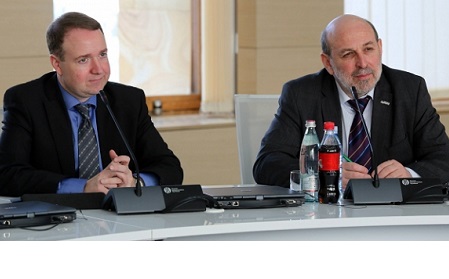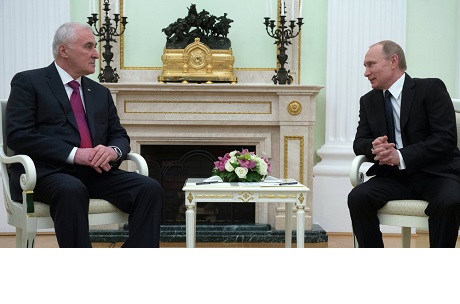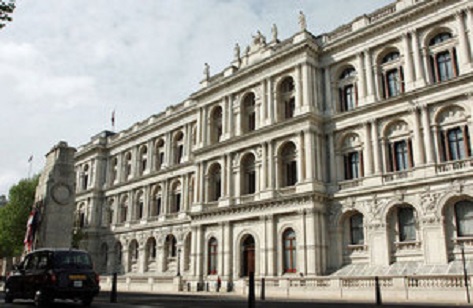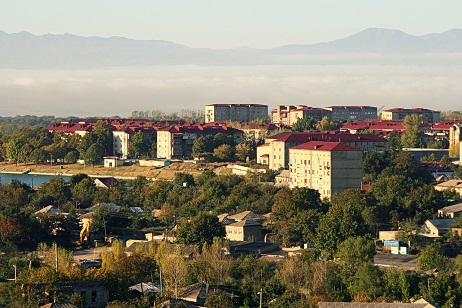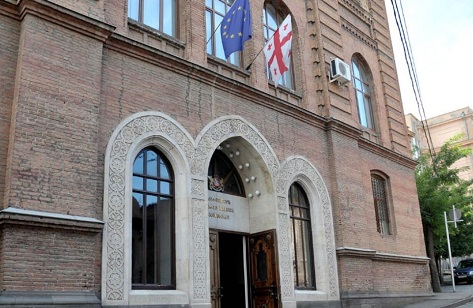Russian official: Georgia needs to be realistic in its Euro-integration future
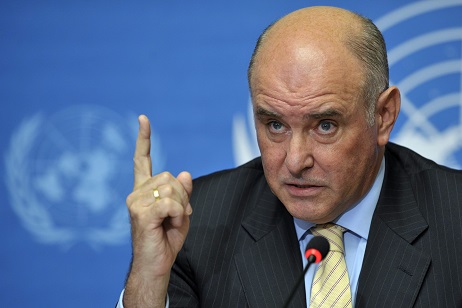
"The hysterics that occurred in the West and in Tbilisi following signing the treaty on alliance and integration between Russia and Tskhinvali region - is an attempt to bring the situation in the region back to the situation of August 2008.”
With these words, Russia’s Deputy Foreign Minister Gregory Karasin described the global community’s reaction to Russia’s recent agreement with Georgia’s breakaway region.
Karasin talked about Russia-Georgia relations in an interview yesterday with Russian newspaper Rossiyskaia Gazeta.
"We intend to continue the dialogue with Tbilisi in spite of all the difficulties that sometimes occur,” he said.
The Russian official said the 2008 war over the Tskhinvali region was started by Georgia’s then-President Mikheil Saakashvili, and it was Saakashvili’s supporters who continued to complicate the situation even now.
"When you live in a small country next to a major power, you need to rationally adjust your geopolitical ambitions with the real life,” Karasin said.
"Otherwise, your people are doomed to struggle. This happened as a result of the Georgian adventure in August 2008. Saakashvili has lost one-fifth of the country.”
However, Karasin did not rule out Saakashvili’s "attack” on South Ossetia was inspired from the "outside”.
In this spirit, he said Russia was concerned that in Georgia there were "mysterious” NATO training centres, and "large-scale” propaganda was being launched to fasten Georgia’s NATO-integration.
"We take this into account and see the dualism of this position. At the same time we are aware that the new Government of Georgia is interested in addressing specific issues and pragmatic relations with Russia. We are also interested in establishing peaceful and harmonic relations with Georgia,” Karasin said.
On another note, yesterday Russian news agency TASS voiced words from the de facto foreign minister of Georgia’s other breakaway region Abkhazia. In this media Vyacheslav Chirikba shared his viewpoint on Georgia-Abkhazia relations.
Chirikba said an agreement with Georgia on non-use of force was still an "elusive task” despite more than five years of consultations on security in the Caucasus in Geneva.
"The key goal of the Geneva consultations is to sign an agreement between Abkhazia and Georgia and between South Ossetia and Georgia on the non-use of force, and this goal seems to be hard to reach," he said.
"For Georgia, such an agreement means recognition of Abkhazia and South Ossetia. It is extremely difficult to persuade Georgia that this agreement will be in its own interests, since the absence of a peace treaty means that we are still in a state of warfare.”
"Nowadays, we must think about peace, not about war. That is why we need a treaty signed not only by the parties to the conflict but also by guarantor states, including Russia and others, as well as the United Nations, the Organisation for Security and Cooperation in Europe (OSCE) and the European Union."
 Tweet
Tweet  Share
Share
